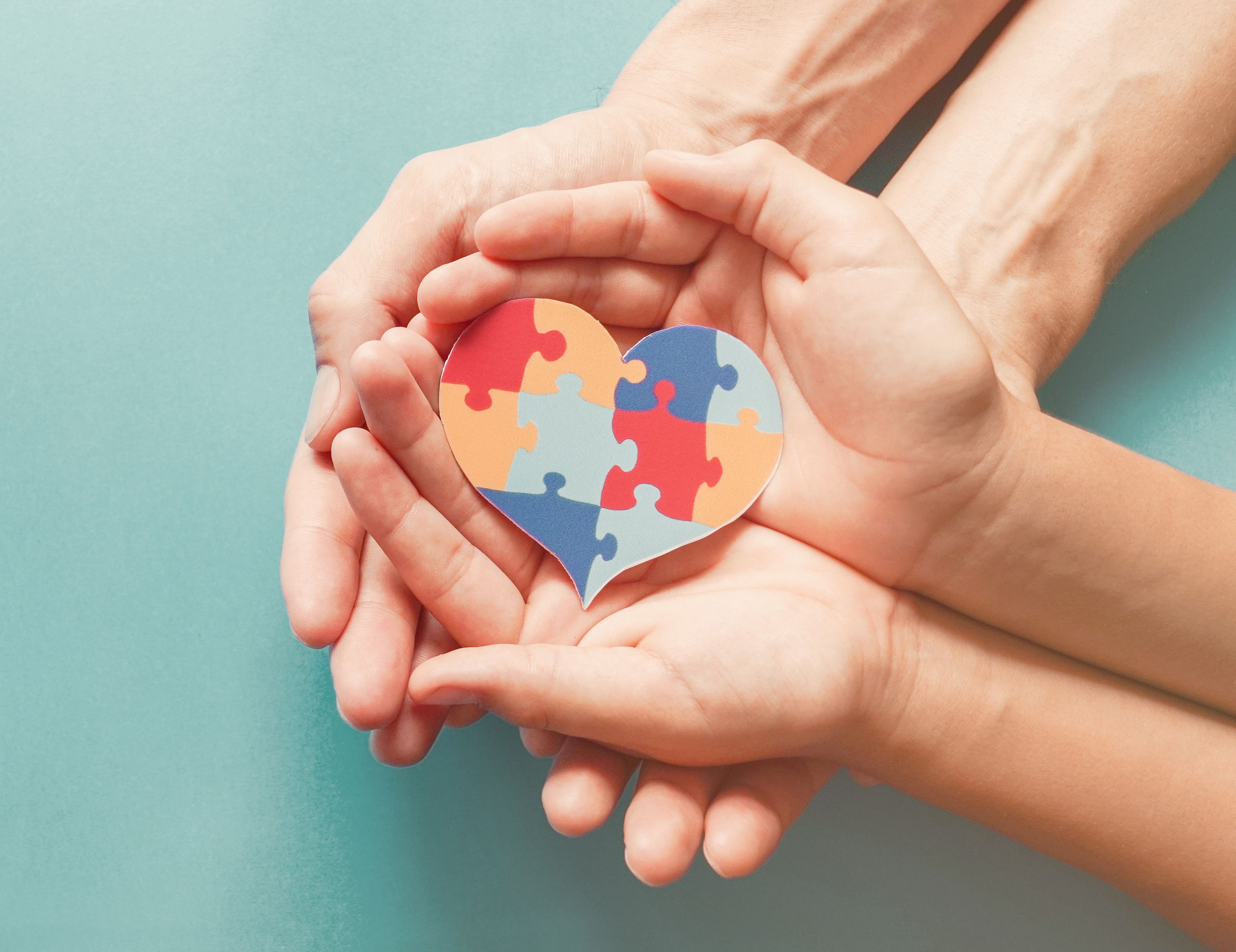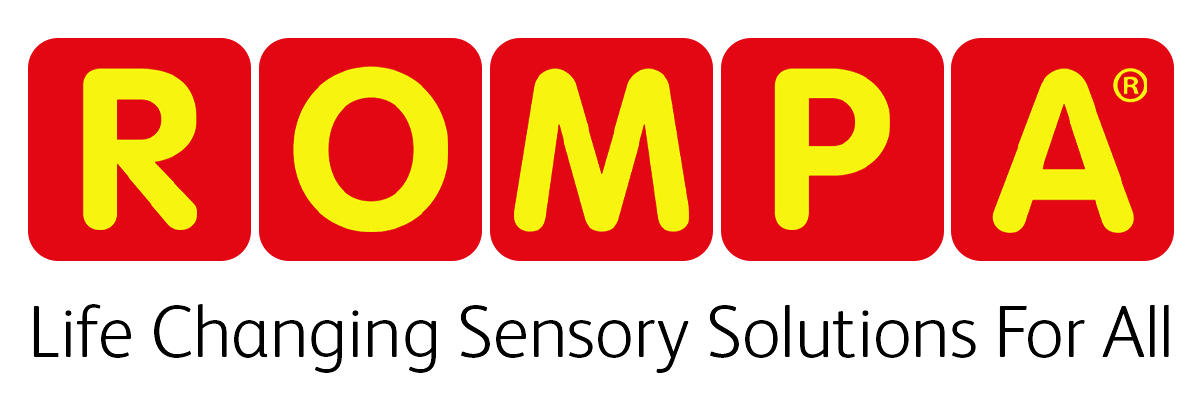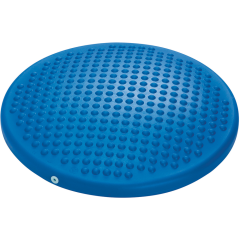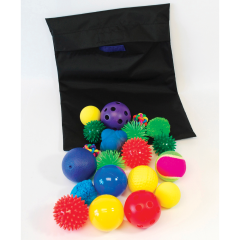Learning Disability Week


For Learning Disability Week 2023, we wanted to delve into what life may be like for someone who has a learning disability. Exploring the ups and downs, the strengths, and the challenges that may come with understanding their disability.
What is a Learning Disability?
Mencap, who host Learning Disability Week, define as:
'A learning disability is a reduced intellectual ability and difficulty with everyday activities – for example, household tasks, socialising or managing money – which affects someone for their whole life.
People with a learning disability tend to take longer to learn and may need support to develop new skills, understand complicated information and interact with other people.'
We asked two individuals how their experiences with learning difficulties affect their day-to-day lives, and how they manage to navigate this throughout their early childhood into an adult.
What does it mean to have Dyslexia?
Dyslexia is defined as a specific learning difficulty, which 10% of the population has, to varying degrees, that makes it hard to recognize and use the sounds in language. It can affect a person's ability to read, write, and spell - although this only brushes the surface of what it means to have Dyslexia.
Emily’s Story with Dyslexia
Emily, 23, was diagnosed with Dyslexia at the age of 8, and throughout her early childhood struggled in learning environments, where fast-paced atmospheres can often be overwhelming with tasks involving words and language.
Throughout her experiences, there have been times when she has felt a lack of compassion for her disability and highlighted the
lack of understanding that people may have with their perception
of what it means to have Dyslexia.
Assumptions and common misconceptions people may make are that people with dyslexia just see patterns on pages, and have difficulty with just reading and spelling - Dyslexia is more than that.
Emily believes “Dyslexia can be my biggest weakness but also my greatest strength”.
She feels that in some instances, her experience with Dyslexia has hindered her learning, however, there are a plethora of strengths she has encountered such as her enhanced problem-solving skills, as individuals with dyslexia are often skilled at finding alternative solutions to problems.
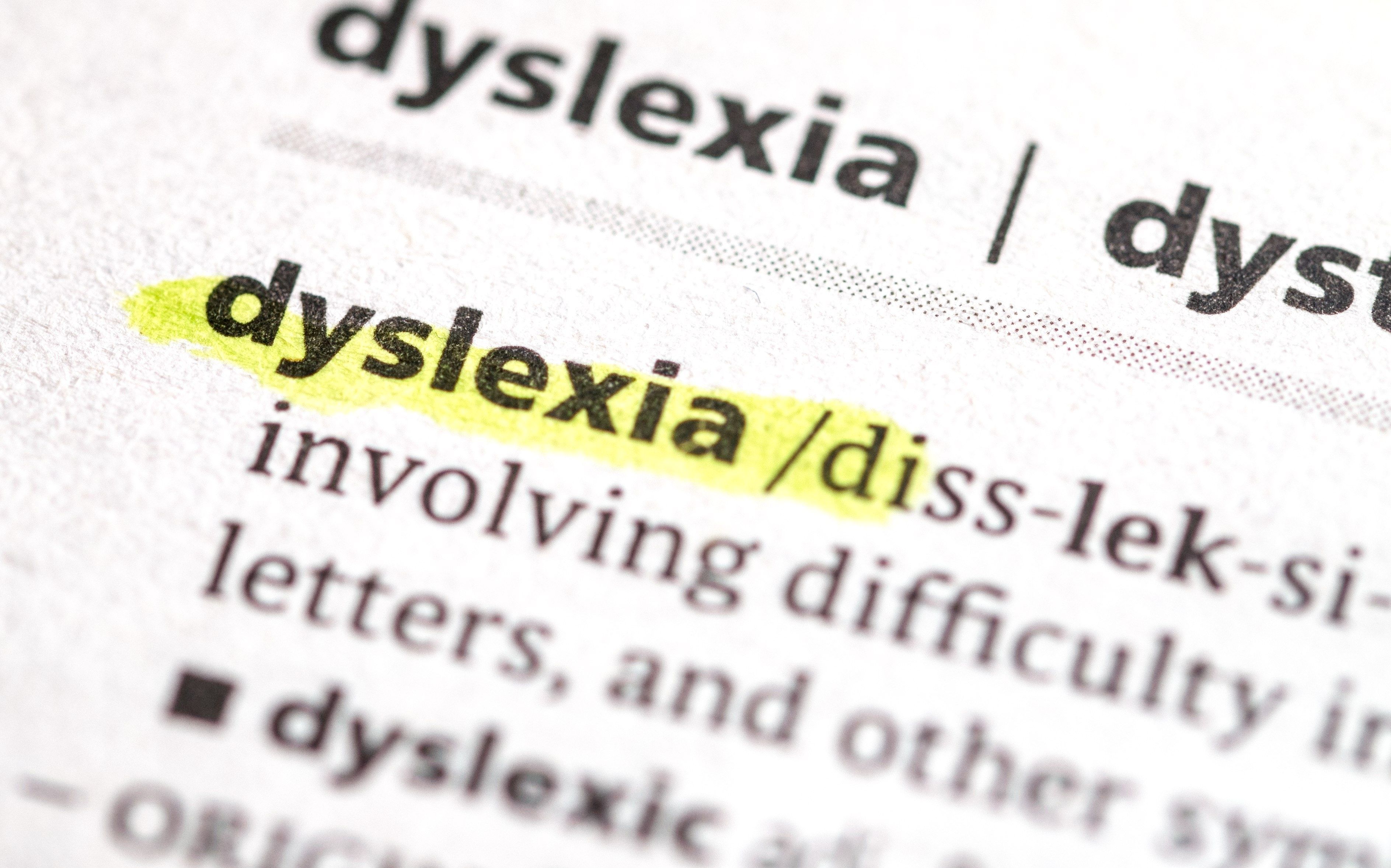

Emily also has an increased creativity flow, where she can often think outside the box and come up with unique solutions.
Recently, more and more people are now receiving the help and understanding that they need, where they are now receiving the appropriate diagnosis and gaining necessary assistance for their learning disability.
Children may feel a little frustrated and embarrassed about their Dyslexia, so it is vitally important for them to be provided with an opportunity for emotional support, celebrate their strengths, and reiterate that Dyslexia is not linked to intelligence levels.
What does it mean to have Autism?
The National Institute of Mental Health define Autism spectrum disorder (ASD) as a neurological and developmental disorder that affects how people interact with others, communicate, learn, and behave.
Thomas' Story with Autism
Thomas, 35, was diagnosed with Autism at 3 years old, and growing up he found things seemed to be a lot tougher to make sense of in the world.
'Simple things that seemed easy for others were a struggle for me. Noises, lights, and even the feeling of certain textures would overwhelm me and make me want to retreat into my own little bubble.'
